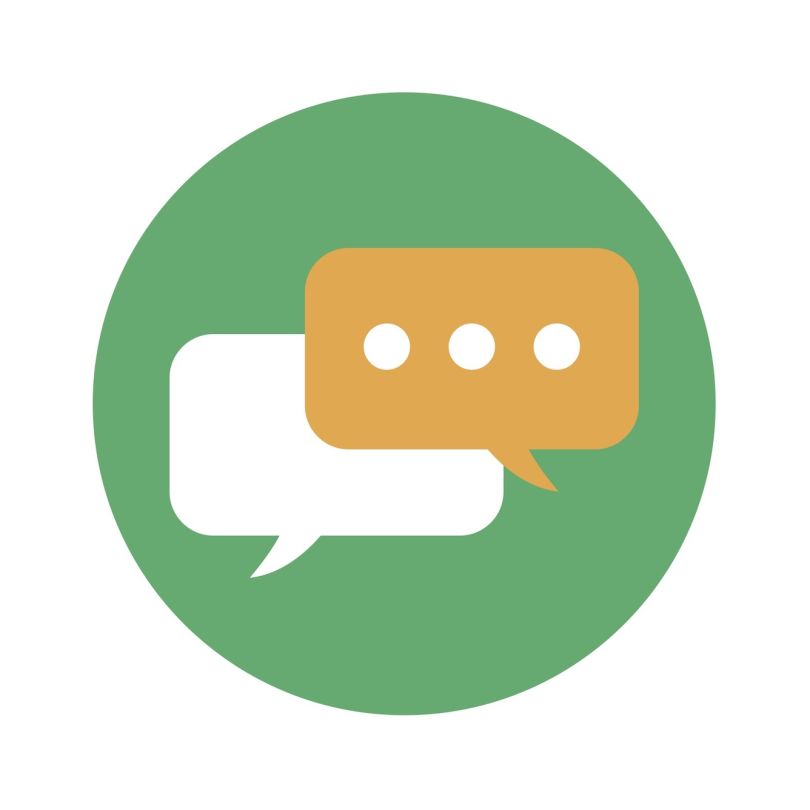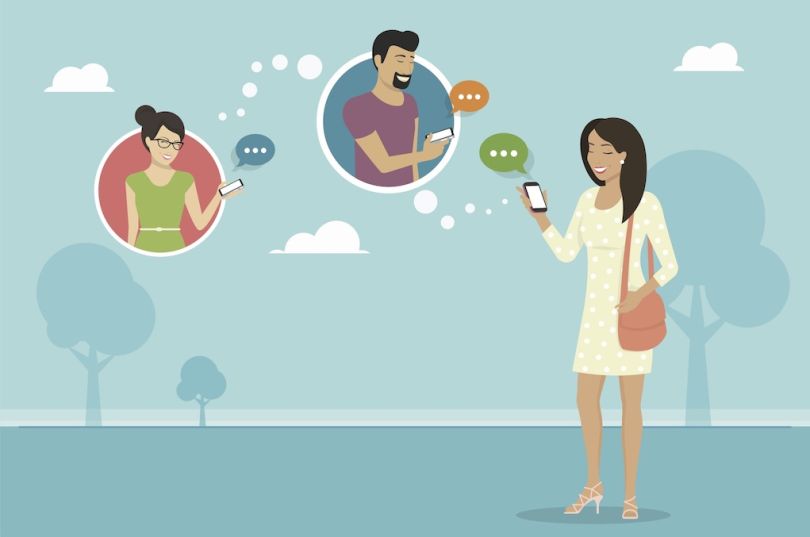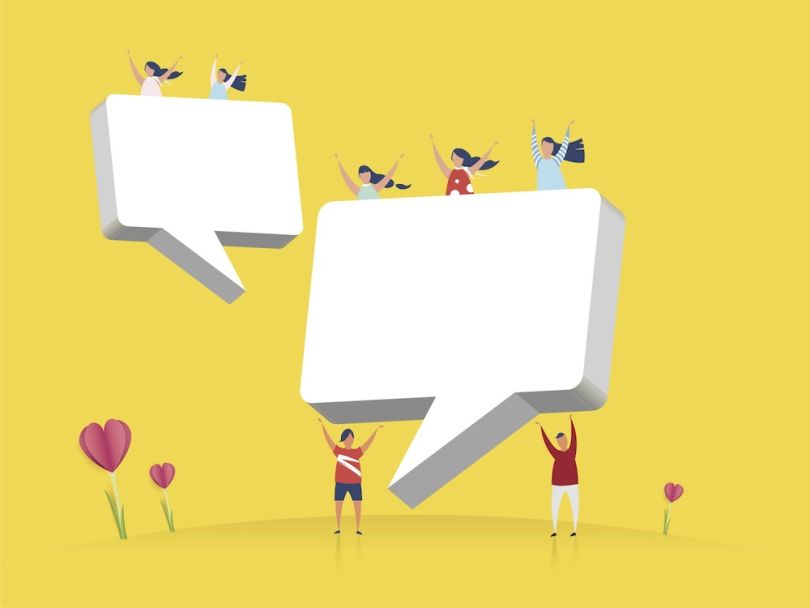More than 1,900 people participate in Armory’s 1,314 Slack channels.
Friends, family, clients, coworkers, business partners and more use the 100-person firm’s Slack to talk over company problems, submit travel expenses, debate current events — all at the same time. Armory has almost completely banished email, which they find less efficient than Slack, but that doesn’t mean relying on the instant messaging platform as a source for all communications isn’t confusing, said David Walker, head of business development at the San Mateo-based software developer commercializing Spinnaker, a continuous delivery platform developed by Netflix.
“The signal to noise ratio can be overwhelming.”
“The signal to noise ratio can be overwhelming,” Walker said.
As companies transition to working remotely over COVID-19, they will find themselves in similar positions to Armory: struggling to discern the important information from the side conversations and memes.
Jokes don’t translate the same way they would in-person. Sharing articles with updates about the pandemic could be viewed as insensitive. Constantly posting memes might be seen as not being on-task.
“If someone is not primarily remote, or is not habituated to remote, they will make mistakes in Slack,” said Jon Stokes, a former coder, cofounder of Ars Technica and now deputy editor of The Prepared, a disaster preparedness site.
Using the platform with tact can be tricky. But mastering the social and technical challenges presented by Slack can pay off in the long run, said Rachel Cougan, head of people at Hiya, a Seattle firm that helps users block spam calls.
“It's allowing you another way to build connections, and share information and collaborate with people, which I think are just keys to success in general,” Cougan said.
Below, Walker, Stokes and Cougan share Slack etiquette and hacks that help their teams stay professional and on task while working remotely.
Slack Etiquette and Hacks to Keep in Mind
- Use the right channel
- Manage the signal-to-noise ratio
- Praise publicly, criticize privately
- Don't be afraid to take things offline

Use the right channel
Slack channels can range from #pets to #hollywood to #general. Finding the right place to have the right discussion is key, Cougan said. She recommended imagining each channel as a separate room and, before posting, reflecting on whether you would feel comfortable sharing that information with every member of the group.
“Would you get up and say that there? Is it the right forum?” Cougan said. “Understand what is the right level and who needs to be involved.”
Cameron Motevasselani, a software engineer at Armory part of an informal company team defining Slack etiquette, said dedicating channels to specific topics has helped people understand when and where to communicate. He said creating strong naming conventions — like labeling channels with a “P” for partners, or “G” for internal — has helped organize the network too.
“It’s easy to see, at a glance, what the channel is and who it is meant for,” Motevasselani said.
Manage the signal-to-noise ratio
Managing your notifications, using threads for real-time conversation and selectively muting channels is key to making sure you’re only seeing updates on what’s really important for you, Stokes said. One tip for keeping the peace? Never tag an entire channel.
“People who are in there tagging the whole channel every time they have a shower thought, those people are insane.”
“People who are in there tagging the whole channel every time they have a shower thought, those people are insane,” Stokes said. “I’ve seen many problems with that.”
Armory is currently experimenting with muting the tags that alert every member of a group, Motevasselani said. Now when someone tries to notify every channel member, they receive an automated message showing them how to create an individual user group instead.
“It’s an automated bot that’s telling them: ‘Hey by the way, there’s another way that’s more effective. Please do it this way,’” Motevasselani said. “So it’s a training opportunity and it’s a way to do it so no one’s actually yelling at you.”
Being thoughtful about your notification preferences, and thinking through how you’d like to be notified via desktop and mobile, can help too, Walker said. For him, it all came down to conquering his FOMO.
“Ignore the fear of missing out,” Walker said. “Realize that if it’s important and you need to be involved, it will find its way to you.”
To integrate, or not to integrate?
Integrating your personal calendar can help coworkers understand whether it’s the right time to send a message, Cougan said. Keeping your status and emoji updated — like using a palm tree if you’re taking a vacation day, or setting yourself to “Away” if you’re on a call — helps drive home the message too, she said.
“Set boundaries,” Cougan said. “Let your team know when you’re not going to be available. Especially being a remote worker, it’s really hard to separate work life from home life.”
Unless it’s a life or death update, Stokes recommended avoiding integrating tools with Slack. After about three integrations, he said he finds the notifications overwhelming.
“If it’s like a super critical integration like, ‘Hey, the server’s on fire,’ you can let that send a Slack notification,” Stokes said. “But every time somebody moves the Trello card, or something like that, I would just say don’t bother.”
Don’t try and make decisions
Slack can be a great tool for promoting discussion, Cougan said. But she said making decisions over the platform can be challenging because informal communications come with a lot of assumptions and can be hard to track. If you’re still discussing how to move forward on a project after five messages, Cougan recommended picking up a phone to talk through the item instead.
“Making decisions is tough in Slack,” Cougan said. “It’s tough to be like, ‘Hey, I thought we agreed on this thing,’ and hard to find that you actually did.”

Understand the rules for communication are different
Like Spotify’s Guilds, Armory has established Ligers — a combination of the words “lion” and “tiger” — which are multidisciplinary teams dedicated to solving company problems. Walker is a member of Armory’s five-person Slack Liger, and believes every company should have policies outlining proper communication over the platform.
Armory’s Liger has helped identify three levels of communication that can occur at the firm and whether they belong on Slack. Superficial, watercooler talk is certainly appropriate for the platform, Walker said. (Especially now, as most workers have transitioned to remote and there’s no such thing as watercooler chats anymore.) But conversations about how you feel about work, or individual strengths and weaknesses, are better in-person or over the phone.
“If it’s something that’s personal, or important, or controversial, it can be hard to communicate tact over text.”
“If it’s something that’s personal, or important, or controversial, it can be hard to communicate tact over text,” Walker said.
Stokes agreed that tone doesn’t always translate over Slack. If you’re unsure about whether something’s appropriate, Stokes recommended keeping your response to an emoji.
“You can spit an emoji on something and leave it at that versus typing out something that may not land the right way,” he said.
Can you talk politics with your coworkers?
Cougan said there is no place for discussion of politics at work, since it can make people feel isolated. Armory, in contrast, has a channel dedicated to political discussions, with a set of six rules for participating pinned to the top of the channel, including discussing events from a position of empathy, attacking ideas not people, refusing to let a person’s politics shape how you interact with them in-person and more.
As a general rule, Stokes said that he limits discussion to policies, but not the people behind them.
“It’s not that I don’t have criticisms of specific political actors and people, the president, [Speaker of the House] Nancy Pelosi, whoever. I just don’t criticize people,” Stokes said. “I criticize actions and policies and responses and if somebody else wants to make that jump to save to say that I am critical of their favorite politician that’s on them, not on me.”

Praise publicly, criticize privately
Once upon a time, Stokes was Slacking subordinates at a previous company about the importance of securing customer data. A coworker saw what he had written and publicly chastised him for being too negative.
If the interaction happened in-person, Stokes said he probably wouldn’t have felt “the level of rage it turned out to be.” But when he saw her lecture typed out publicly, he immediately thought, “Oh my God, I can’t believe I am seeing this on my screen” he said.
Stokes messaged his coworker directly to remind her of the company policy of praising publicly and criticizing privately. But the incident impacted his overall impression of the firm and contributed to his decision to eventually leave the company.
Feel uncomfortable? Take it offline.
Spend enough time in Slack, and you’ll likely find yourself feeling uncomfortable, or self-conscious, about something you’ve posted. If you find yourself in a major disagreement with someone, it’s best to take the conversation offline, Stokes said.
If you’re on the receiving end, however, and find yourself offended by something someone else posted in a channel, Stokes recommended stepping away from the keyboard and doing what you need to do to cool down. Otherwise, the situation could escalate, he said.
“If you get that Slack spikes your heart rate, and you’re like, ‘I can’t believe I’m seeing this,’ you gotta step away,” Stokes said. “The angry person has all their decisions made for them. Only the person that is calm is able to actually make decisions.”
Slack can definitely hurt your career. But can it help it?
Yes.
Motevasselani said automating tasks saves time and can help engineers level up to the mythical “10X engineer” standard, a stereotype of a super developer who is as productive as 10 individual contributors.
“You don’t have to actually do more work yourself if you enable and empower others,” he said. “Using Slack like that’s actually going towards your 10X idea.”
Cougan said using Slack as a tool to build trust and connect with your coworkers is key. Whether you’re starting a new job as a new remote employee, or forced to work from home for the first time, she recommended joining the watercooler channels, participating in casual conversations, sharing articles and asking questions as a way to build relationships.
“In a world where we’re all now working from home, or most of us are, trust is key,” she said.




